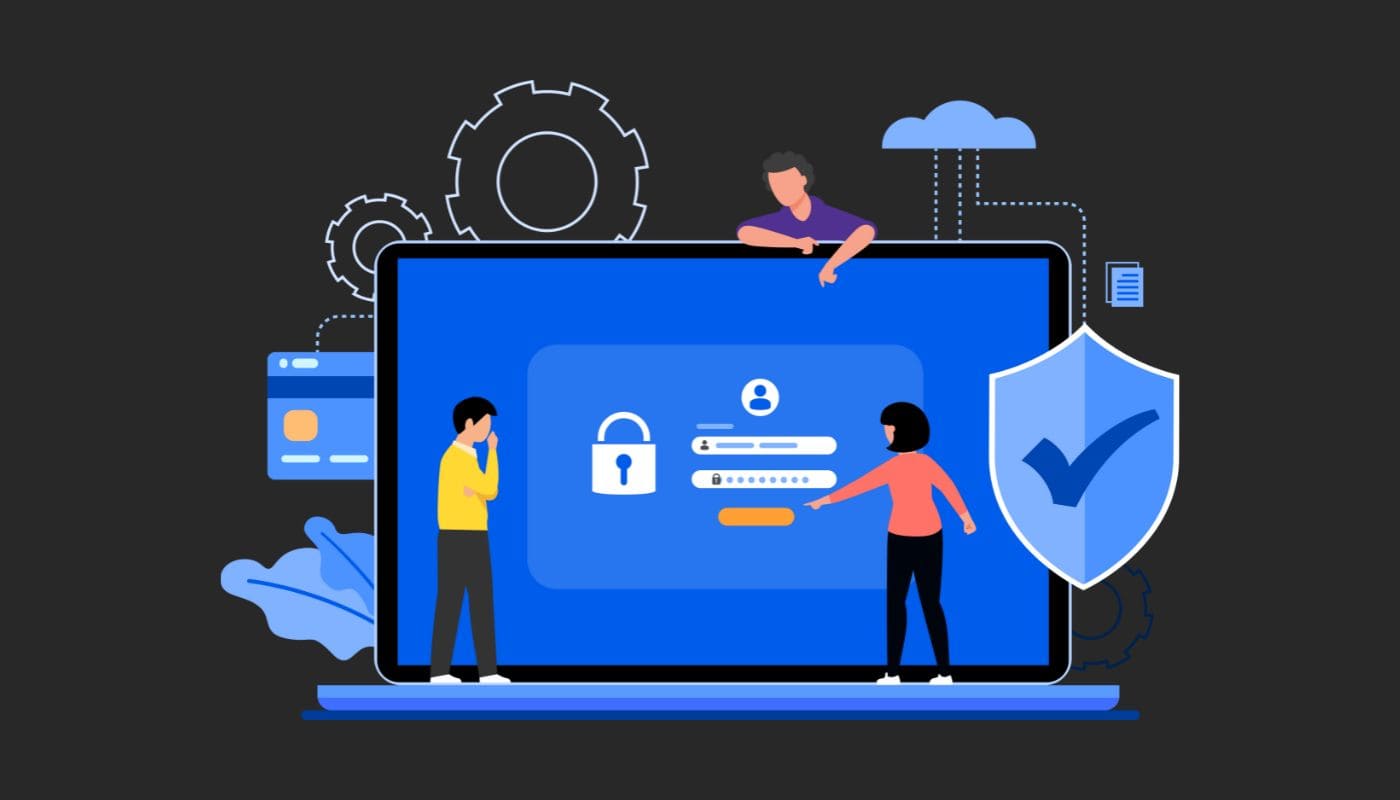Cybersecurity is a critical concern for charities and non-profit organisations as they handle sensitive data, financial transactions, and maintain the trust of their donors and beneficiaries. With the increasing threat of cyber-attacks, it is essential for nonprofits to prioritise their cybersecurity and privacy measures. This webpage provides valuable insights into the cybersecurity needs of nonprofits and offers practical steps to improve cyber resilience and achieve data protection compliance.
Nonprofits often collect and store sensitive information such as donor details, beneficiary data, and financial records. As custodians of this information, nonprofits are attractive targets for cybercriminals seeking to exploit vulnerabilities. Therefore, it is imperative for nonprofits to understand and address their specific cybersecurity and privacy needs to protect their stakeholders and maintain their reputation.
According to a report by charitydigital.org.uk and the National Cyber Security Centre (UK), 66% of organisations report that a cyber attack would likely affect operations, but only 61% have a plan in place in the event of such an attack.
Main Challenges for the Charity Sector
DATA PRIVACY
Data protection and privacy are paramount concerns for nonprofits, especially with the implementation of data protection laws like the General Data Protection Regulation (GDPR). Nonprofits must establish clear data handling practices, obtain consent for data collection and processing, and implement mechanisms for data subject access requests. Regularly updating privacy policies and conducting privacy impact assessments can help maintain compliance and trust with stakeholders.
Cybersecurity
Implementing cybersecurity measures involves a comprehensive approach that encompasses both technological and human factors. Nonprofits should invest in robust firewalls, encryption, and antivirus software to secure their IT infrastructure. Regular security audits and vulnerability assessments can help identify and rectify weak points. Additionally, adopting secure coding practices and conducting cybersecurity training for employees are essential to bolster the organisation’s defences.
cyber resiliance
Building cyber resilience is crucial for nonprofits to withstand and recover from cyber incidents. Developing an incident response plan that outlines roles and responsibilities during a breach can minimise damage and downtime. Regular data backups and secure off-site storage ensure data availability even in the face of ransomware attacks. Engaging with cybersecurity experts and participating in information-sharing networks can enhance the organisation’s ability to detect and respond to emerging threats.
INSIDER THREATS
Charities face the challenge of balancing trust with cybersecurity when dealing with the insider threat. While employees and volunteers are essential to an organisation’s mission, their access to sensitive information can also pose risks. Charities should implement stringent access controls, monitor user activities, and provide cybersecurity training to foster a security-conscious culture. Reporting mechanisms for suspicious behavior can aid in early detection and prevention of insider threats.
Phishing attacks
Phishing attacks have become increasingly sophisticated with the aid of artificial intelligence (AI) technology. Cybercriminals leverage AI algorithms to craft highly convincing and personalised phishing messages, mimicking legitimate communications. These AI-driven phishing attempts can deceive even vigilant individuals, leading to data breaches, financial losses, and reputational damage for charities. To counter this threat, charities must educate their staff about the evolving tactics used in AI-powered phishing attacks, implement robust email filtering and authentication mechanisms, and encourage employees to verify suspicious emails through alternative communication channels.
Ransomware
Ransomware continues to evolve, posing a significant and escalating threat to the charity sector. Modern ransomware strains are more aggressive, sophisticated, and capable of spreading rapidly across networks, encrypting critical data and disrupting operations. Charities must take proactive measures to defend against ransomware by implementing robust network security, regular data backups, and effective endpoint protection. Having a well-rehearsed incident response plan is essential to minimise the impact of a successful ransomware attack and expedite recovery.
We prioritise the following key legislation and guidelines to ensure compliance and mitigate risks:
General Data Protection Regulation (GDPR): We help charities comply with GDPR, which safeguards the personal data of EU citizens. Our solutions ensure the privacy and security of customer information, implement data protection measures, and enable timely breach notifications when required.
ISO 27001: Information Security Management: ISO 27001 is an international standard that outlines the requirements for establishing, implementing, maintaining, and continually improving an Information Security Management.
Payment Card Industry Data Security Standard (PCI DSS): PCI DSS is a set of security standards designed to protect cardholder data during credit card transactions.
Network and Information Systems Directive 2 (NIS2): NIS2 is an EU directive aimed at enhancing the cybersecurity and resilience of network and information systems across essential service providers and digital service providers.

How CommSec can Help?
-
Staff Cyber Awareness Training: Educating your staff about various cyber threats and attack vectors is one of the most effective ways to enhance your organisation’s cybersecurity. Conduct regular training sessions to raise awareness about phishing, social engineering, ransomware, and other common cyberattacks. By empowering your employees with knowledge, they can become the first line of defense against potential threats. Find out more
-
Secure Software for Your Nonprofit Organisation: Ensure that all the software applications used in your nonprofit are from reputable sources and regularly updated with the latest security patches. Vulnerabilities in software can be exploited by hackers to gain unauthorised access to your systems. Implementing secure software practices reduces the risk of exploitation and helps protect your organisation’s sensitive data. We recommend penetration testing regularly and implementing a vulnerability management policy Find out more and here
-
Password Protection for Sensitive Data: Enforce strong password policies within your nonprofit, requiring employees to use complex passwords that are regularly changed. Multi-factor authentication (MFA) should also be employed to add an extra layer of security. This prevents unauthorised access to sensitive data, even if a password is compromised. Find out more
-
Manage Credentials to Limit the Risk of Data Breaches: Grant access privileges only to employees who require specific information to perform their duties. Implement role-based access control (RBAC) or Zero Trust principles to ensure that individuals can only access data and systems relevant to their roles. Regularly review and update user permissions to prevent any unauthorised access. Find out more
-
Data Backup Protocol in Response to Cyber Threats: Establish a robust data backup and recovery protocol to protect your nonprofit from data loss due to cyber incidents. Regularly back up critical data and store it securely off-site or in the cloud. In the event of a ransomware attack or data breach, having reliable backups can help restore your operations without succumbing to the attackers’ demands.
get in touch
WHAT HAPPENS NEXT?
A member of our team will get back to you as soon as possible. They will find a suitable time to speak with you, answer any questions you have and help find the perfect solution to suit your requirements.

